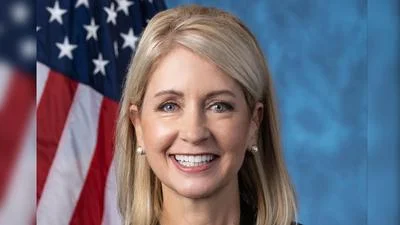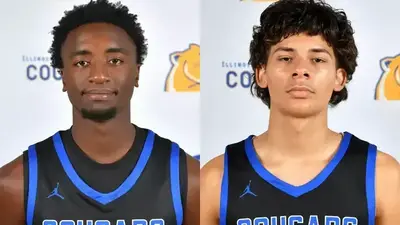Dre Brown Director of Player Personnel | University of Illinois Division of Intercollegiate Athletics Website
Dre Brown Director of Player Personnel | University of Illinois Division of Intercollegiate Athletics Website
Memorial Stadium was a significant venue for the Fighting Illini football team during the 1950s and 1960s. The period began with Coach Ray Eliot's leadership, who led the team to a notable season in 1951 after a less successful end to the previous decade. Recruiting efforts strengthened the team's defense and offensive positions, which resulted in an impressive run of victories.
The arrival of quarterback Tommy O’Connell from Notre Dame marked a turning point for Illinois. His presence alongside running backs Bill Tate and Johnny Karras added a crucial passing element to their offense. "Tommy gave our offense the passing dimension that we badly needed," said teammate Sam Rebecca. This change propelled Illinois to climb national rankings, reaching No. 2 at one point.
Defensive back Al Brosky became renowned for his interception skills, achieving at least one interception in 15 consecutive games and concluding his career with 29 interceptions. A memorable game against Michigan in November saw Illinois secure victory with an 83-yard drive led by O’Connell.
Despite some setbacks, including a tie with Ohio State, Illinois clinched its second Big Ten title and secured another Rose Bowl appearance by defeating Stanford convincingly in Pasadena, leading to their national championship win in 1951.
Illinois shared the conference championship again in 1953 but was not selected for the Rose Bowl due to decisions made by Big Ten athletic directors. Despite having talented players like Bobby Mitchell and Ray Nitschke on later rosters, Eliot's teams struggled to maintain consistent success towards the end of his tenure.
Pete Elliott took over as coach after Eliot stepped down following the '59 season. Although initially facing challenges, Elliott's recruiting paid off by 1963 with players like Jim Grabowski and Dick Butkus contributing significantly to Illinois' rise in national standings.
The assassination of President John F. Kennedy delayed a crucial game against Michigan State for the Big Ten title until Thanksgiving Day, where Illinois emerged victorious under Butkus' defensive leadership. Their subsequent Rose Bowl win over Washington solidified their third-place finish nationally.
Elliott continued coaching through mid-1960s seasons before controversy involving an illegal slush fund forced changes within the program's leadership structure. Gene Vance appointed Jim Valek as head coach in March 1967; however, recruitment issues led to Valek's departure by 1970.






 Alerts Sign-up
Alerts Sign-up